









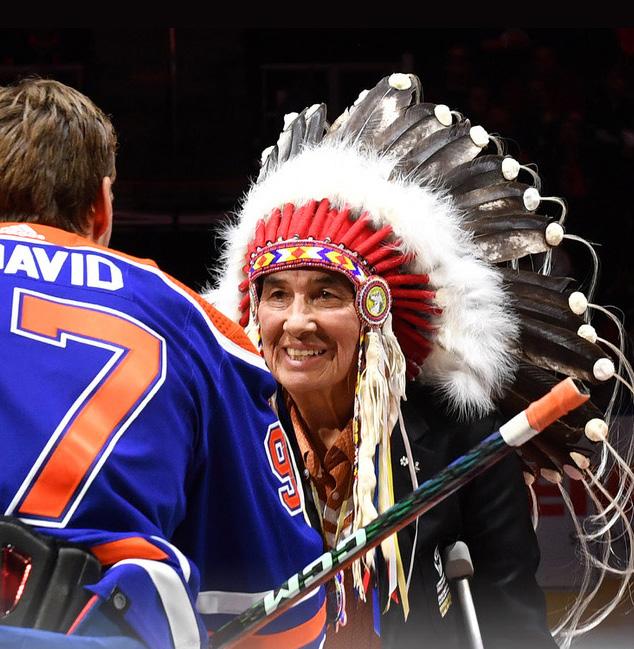

THIS ISSUE HAS EVERYTHING YOU NEED TO KNOW ABOUT QEMHW 2025 & CELEBRATES 25 YEARS OF QUIKCARD AS THE TITLE SPONSOR of this tournament.
MESSAGE FROM THE HOCKEY EDMONTON COMMITTEE
MESSAGE FROM THE PUBLISHER
QUIKCARD CELEBRATES 25 YEARS AS TITLE SPONSOR FOR QEMHW
PROCLAMATIONS FROM THE MAYOR OF EDMONTON AND THE PREMIER OF ALBERTA
QEMHW 2025 FINALS SCHEDULE
QEMHW 2025 RULES & REGULATIONS
18
5 13 14 17 29 31 24 7 9 11
FUN FACTS ABOUT QUIKCARD EDMONTON MINOR HOCKEY WEEK

MEMORIES MONTAGE PHOTOS FROM THE 2024 QEMHW TOURNAMENT
LOCAL PLAYERS, DANIELLE SERDACHNY AND STEPHANIE MARKOWSKI MAKE PWHL 21
INTERVIEW WITH CHIEF WILLIE LITTLECHILD ON TRUTH & RECONCILIATION, AND HOCKEY
GOLD MEDAL WINNERS LOOKING BACK AT SOME OF THE PLAYERS WHO WON GOLD AT QEMHW 2024
SPOTLIGHT ON AN OFFICAL FEATURING PARKER NOWITSKEY




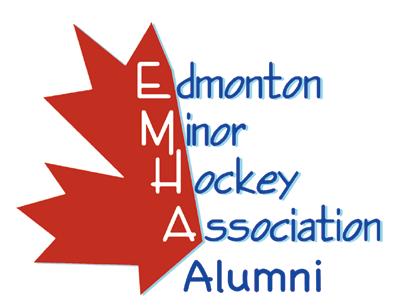











THANK YOU FOR 25 YEARS OF SUPPORT!
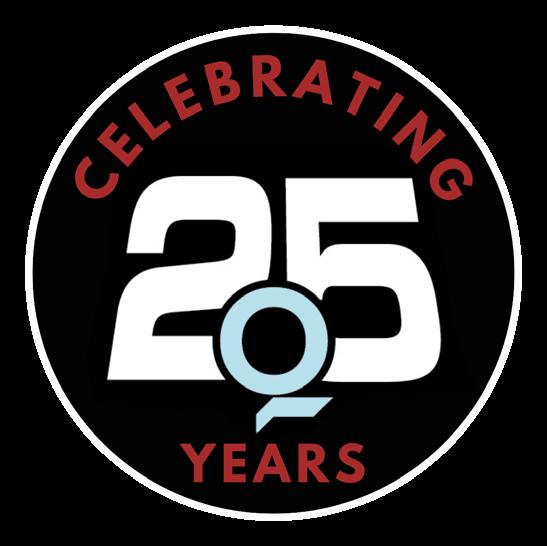
10618 124 Street Edmonton, AB T5N 1S3
Ph: (780) 413-3498 • Fax: (780) 440-6475 www.hockeyedmonton.ca
Quikcard Edmonton Minor Hockey Week is played on traditional land in Treaty Six Territory. We would like to thank the diverse Indigenous Peoples whose ancestors’ footsteps have marked this territory for centuries.
Chair: Will Jang
Directors at Large:
Dave Onyschuk
Ian Herbers
Karen Hiscock
Steve Hogle
Pauline Hughes
John Putters
STAFF
Executive Director: Jeremy Haluschak
General Manager: Ray Vigneau
Office Manager: Sharlene Cook
Director of Hockey
Administration & Registration: Glenn Sommerville
Technical Director: Joel Lenius
Marketing & Communications Director: Kylee Quinn
To our incredible hockey community,
Quikcard Edmonton Minor Hockey Week is a celebration of everything that makes our sport so special: teamwork, dedication, and the unwavering support of those who make it all possible.
To our parents and families, thank you for your endless encouragement and commitment. To our players, your passion and determination inspire us all. To our coaches, team staff, and referees, your leadership and hard work ensure that the game is about more than just wins—it’s about growth and community.
To our sponsors and volunteers, your generosity and time make this event a reality. We especially want to thank Quikcard for 25 years of unwavering support and partnership. Your dedication to our hockey families has been instrumental in building this tradition of excellence.
On behalf of the Hockey Edmonton Board of Directors, I extend my heartfelt gratitude to each of you. Let’s make this year’s Quikcard Edmonton Minor Hockey Week one to remember, filled with camaraderie, sportsmanship, and the love of the game.

Welcome to the 61st Quikcard Edmonton Minor Hockey Week!
This tournament stands as one of the world’s largest and longest-running ice hockey events, and we are proud to celebrate a special milestone: Quikcard’s 25th anniversary as our title sponsor. Their unwavering support, along with the contributions of our incredible partners, makes this event possible year after year.
Quikcard Edmonton Minor Hockey Week is a time-honoured tradition in our city, with Edmonton-born players who have gone on to shine in the NHL, PWHL, WHL, and AJHL first competing in this very tournament. By participating today, your family becomes part of the rich history, tradition, and legacy of this incredible event.
We would also like to extend our heartfelt thanks to the many volunteers, parents, coaches, and team staff who dedicate their time and energy to making this week a success. Your commitment and enthusiasm are the heartbeat of this tournament.
Thank you for being part of this celebration of hockey, community, and sportsmanship. Here’s to an unforgettable week ahead!
Yours in Hockey, Quikcard Edmonton Minor Hockey Week Committee
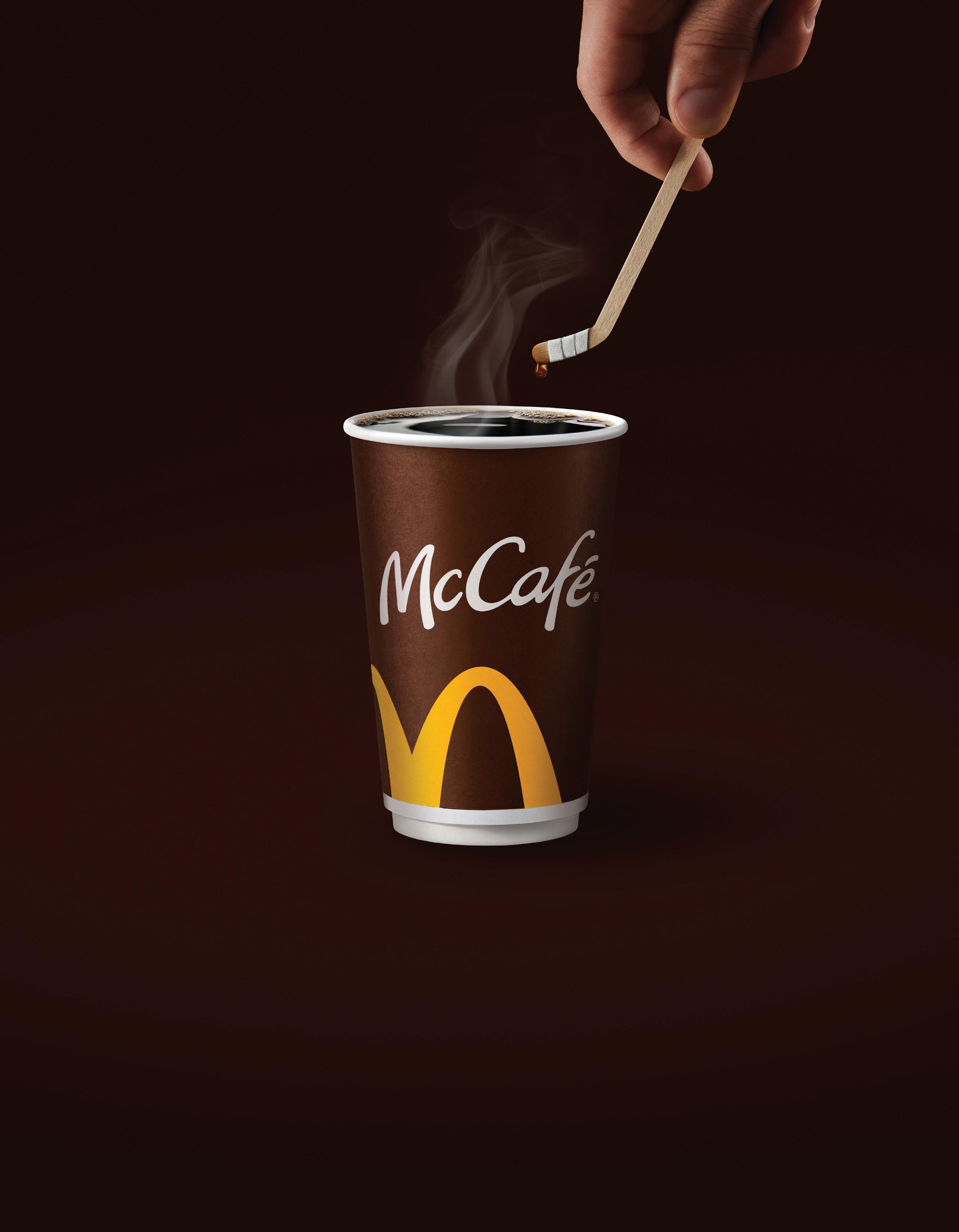
OFFICIAL COFFEE OF QUIKCARD EDMONTON MINOR HOCKEY WEEK.
This year marks the 61st year of Edmonton Minor Hockey Week, for which Quikcard has been the title sponsor for the past 25 years!
This tournament has been recognized by Guinness World Records as the largest minor hockey tournament in the world. An event this large could not happen without the tireless work of volunteers, which is true of its very beginning, and just as true today. This includes the organizers, schedulemakers, scorekeepers, coaches, team managers, etc. who donate their time and effort for the benefit of the kids who participate in this tournament.
And sponsors help make this tournament possible, from Quikcard, the title sponsor, to the number of other generous sponsors, who you will see listed in the magazine.
In this issue, we have a great feature on two local players, Danielle Serdachny and Stephanie Markowski, who grew up playing minor hockey in Edmonton, and now play professional hockey with the Ottawa Charge in the PWHL.
We also have a feature on Chief Willie Littlechild, who does the Land Ackowledgement at Edmonton Oilers and Oil Kings games. Chief Willie sat down with me before Christmas to chat about his early life challenges, and how sport made such a positive impact on his life and career.
Wrapping up this issue, we have included some great photos taken at the 2024 Quikcard Edmonton Hockey Minor Hockey Week. In these photos, you can see how proud and excited the players are, especially when they win a gold medal at this event.
Win or lose, the common theme is to make this tournament special for the players, one they will remember for years to come.
To the players, we extend our best wishes! Memories of a lifetime will come to many who play hockey during Quikcard Edmonton Minor Hockey Week. As parents, family members and friends cheer you on, give it your best, and above all, have fun!


President and Publisher
Rob Suggitt
Graphic Designer
Kate Suggitt
Contributing Writers
John Sexsmith
Rob Suggitt
Cover Photo Provided by MVP Photography
Photography Credits
Edmonton Oilers Hockey Club
Josh Kim - Ottawa Charge
MVP Photography
SC Parker Photography
Copy Editing
Michele Suggitt
Accounting Manager
Amber-Lea Grmek

Sincerely,
Rob Suggitt







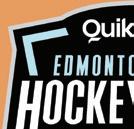

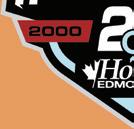



It was fortuitous, says Lyle Best, that Quikcard was in the right place when Hockey Edmonton was about to start its search for a new title sponsor for Edmonton minor hockey week.
“The (other title sponsor) had given it up. One of our friends gave us the tip off it was happening,” said Best.
And the rest, as they say, is 25 years of history. No second thought was given to the commitment, Best adds, and Quikcard Edmonton Minor Hockey Week (QEMHW) goes on.
Ray Vigneau, general manager at Hockey Edmonton, says he’s more than pleased with the ease at which Quikcard and other corporate sponsors keep signing on the dotted line for the annual event, this year being it 61st anniversary.
“With sponsoring of minor hockey week, it’s always a feel-good thing for companies. It’s one of those things, that they say, ‘This is what we’re doing for the community,’ and it’s an event that has this huge magnitude. And you know they want to be there and they want to be recognized,” said Vigneau.

Best says minor hockey week lines up with his company’s family values.
“Over the years, we’ve done so many things in the community and across the country, but one thing people keep coming up to me about at various times of the year, ‘My grandson played Quikcard Edmonton Minor Hockey Week or my son did or I did.’ A lot of these kids, it’s the biggest tournament they’ll ever be in in their lives,” said Best.
Vigneau agrees that the generational impact of the event is second to none and that’s what keeps the 10 days of hockey action both unique and special.
“The biggest positive that I’ve always heard over the years is just how important it is because the moms and dads have played in minor hockey week over the years. It’s that history. That it’s important,” said Vigneau
Corporate sponsorship is a big part of keeping QEMHW going.
“The amounts of the sponsorship we have has gone up over the years. Sponsors have come and sponsors have gone, ” said Vigneau, “so it’s great to see Quikcard continue.”
All the sponsorship helped QEMHW be awarded the Guiness World Records title for the largest ice hockey tournament in the world. The support has allowed the tournament to grow and keep costs down, says Vigneau, and make the event extra special.
“Without that sponsorship, it would cost the parents, teams more money to participate in the event. Would we be able to give the prizes, medals, scholarships that we do without that sponsorship? Probably not,” said Vigneau.
Without that support, he says, QEMHW wouldn’t hold the spot is does.
“It’s the history and the excitement and the other thing we often hear and we often say ourselves, ‘Winning minor hockey week is the pinnacle of the year,’” he said. “It’s huge. It’s something that people cherish for years.”


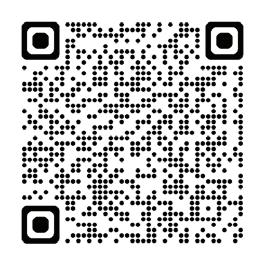

On behalf of City Council and the people of Edmonton, welcome to the 61st Quikcard Edmonton Minor Hockey Week!
This is one of the world’s largest and longest running hockey tournaments, and each year teams from across the region come together to compete in and celebrate the sport that is core to Edmonton’s identity. It’s the highlight of the year for thousands of young players, and I hope the week is full of fun memories and sportsmanship.
I’d like to thank Hockey Edmonton, as well as the thousands of volunteers, sponsors, players, coaches, referees and families for making this important annual event possible.
Best of luck to all the athletes!





On behalf of the Government of Alberta, it is my pleasure to send best wishes to everyone taking part in the 61st annual Quikcard Edmonton Minor Hockey Week tournament.
For six decades, this event has been inspiring young athletes and providing them with the opportunity to show off and sharpen their skills. It is a rich legacy of celebrating sport and its positive impact in the community. I hope this is a fun and exciting week for the players, and for the dedicated coaches, officials, parents, volunteers and fans who keep the spirit of minor hockey alive in our capital region.
Thank you to everyone at Hockey Edmonton for your contributions to sport in Alberta and your commitment to inclusivity. You have created something really special here, with one of the biggest and longest-running minor hockey tournaments in the world. I wish you all the very best for continued success.
Good luck to all the teams competing for top spot in each division. Have a wonderful time!


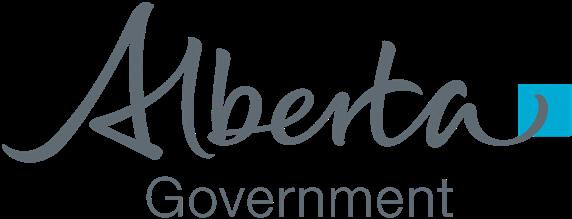


am 9:30 am 11:00 am 12:30 pm 2:00 pm 3:30 pm

U11 TIER 6 RED
U11 TIER 6 BLUE
U11 TIER 6 GREEN
U11 TIER 1 BLUE
U13 TIER 1 BLUE
U13 TIER 1 RED
U15 NON-BODY CHECKING 3 RED
U18 BODY CHECKING 2 BLUE
U18 BODY CHECKING 2 RED
TERWILLEGAR A TIME TIME
TERWILLEGAR B
U11 TIER 5 RED
U11 TIER 4 SOUTH RED
am
pm 2:15 pm 3:45 pm 5:15 pm 6:45 pm 8:15 pm 8:00 am 9:30 am 11:00 am 12:30 pm 2:00 pm 3:30 pm 5:00 pm 6:30 pm 8:00 pm
U11 TIER 4 NORTH RED
U13 TIER 4 GREEN
U13 TIER 3 GREEN
U13 TIER 3 RED
U15 NON-BODY CHECKING 1
U18 BODY CHECKING 3 RED
U18 NON-BODY CHECKING 1
QEMHW
TERWILLEGAR A
U11 TIER 2 BLUE
U11 TIER 1 RED
U13 TIER 2 BLUE
U13 TIER 2 RED
U15 BODY CHECKING 1
U15 FEMALE B RED
U15 FEMALE A
U18 FEMALE A
U18 BODY CHECKING 1
TIME
TERWILLEGAR B
U11 TIER 5 BLUE
U11 FEMALE GREEN
U11 FEMALE RED
U13 FEMALE B
U13 TIER 3 BLUE
S A T U R D A Y S U N D A Y
U11 TIER 2 GREEN
U11 TIER 2 RED
U11 FEMALE BLUE
U13 FEMALE A
U13 TIER 6 NORTH
U13 TIER 6 SOUTH RED
U15 FEMALE B BLUE
U18 BODY CHECKING 3 GREEN
U18 BODY CHECKING 3 BLUE 8:00 am 9:30 am 11:00 am 12:30 pm 2:00 pm 3:30 pm 5:00 pm 6:30 pm 8:00 pm 8:15 am 9:45 am 11:15 am 12:45 pm 2:15
JANUARY 18 JANUARY 19 8:15 am 9:45 am
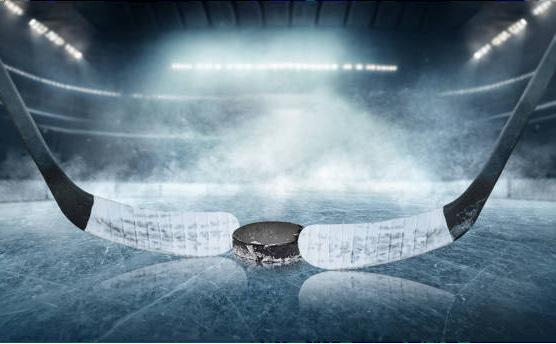

U15 NON-BODY CHECKING 3 BLUE
U15 BODY CHECKING 2 BLUE
U15 BODY CHECKING 2 RED
U18 FEMALE B
TERWILLEGAR C
U11 TIER 3 GREEN
U11 TIER 3 BLUE
U11 TIER 3 RED
U13 TIER 4 BLUE
U13 TIER 4 RED
U15 BODY CHECKING 3 BLUE
U15 BODY CHECKING 3 RED
U18 NON-BODY CHECKING 2 RED
U18 NON-BODY CHECKING 2 BLUE
TERWILLEGAR D
U11 TIER 4 NORTH BLUE
U11 TIER 4 SOUTH BLUE
U13 TIER 6 SOUTH BLUE
U13 TIER 5 BLUE
U13 TIER 5 RED
U15 NON-BODY CHECKING 2 BLUE
U15 NON-BODY CHECKING 2 RED
U18 NON-BODY CHECKING 3 BLUE
U18 NON-BODY CHECKING 3 RED
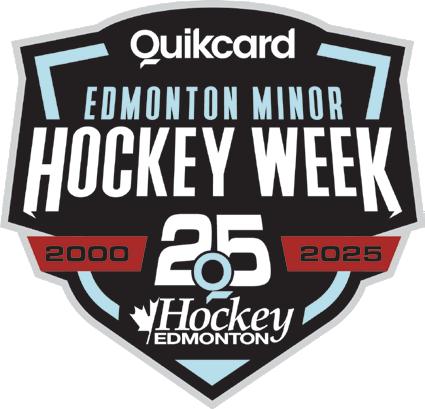

1.6 1.4 1.3 1.2 1.1
The Tournament Arena Manager is in charge of the arena and his or her decision is final.
Time clocks shall start at the listed game time. Any team not on the ice and ready to play within five (5) minutes of the listed time may be disqualified. The Arena Manager shall be the judge of this action.
If, in the Arena Manager’s opinion, a uniform change is required, the home team shall make the change. Note: It would be advisable that the Team Managers confer before the game to ensure that no game time will be lost during the necessary sweater change.
All Hockey Edmonton and EFHL Rules and Regulations are in effect during QEMHW. They count as regular league games for the purpose of determining the number of games a player/ coach/manager or trainer will sit out. Suspensions incurred in Minor Hockey Week will carry over into league play if not fully served in QEMHW.
In the event referees do not arrive, the below rule will apply: Rule 41-K, Page 74, Canadian Hockey Association Official Rule Book: If for whatever reason, the ref or linesman appointed is prevented from appearing, the managers or coaches of the two (2) competing clubs shall agree on a referee and one (1) or two (2) linesmen. If they are unable to agree, they shall appoint a player from each team who shall act as officials.
In case of dispute, the decision of the QEMHW Chairperson or their designate is final. There are no appeals during QEMHW.
3
(b) In addition to the current information required for registration a player movement form must be submitted to the zone minor administration coordinator for each non-resident player at the time of registration.
RULE # 2.3 INFRACTION: Ineligible Players / Team Officials:
Team official who is party to or had knowledge of playing a player not properly registered with that team or properly affiliated to that team and/or allowing a team official who is not properly registered to that team to participate on the bench. Team official who is party to or had knowledge of playing a player or allows a team official to participate on the bench who is under suspension.
AFFILIATE PLAYERS ARE ALLOWED, in the case of a player that is sick, injured or otherwise unable to participate. Affiliates are NOT allowed for suspended players. Affiliates may only be used to replace missing players; not to increase the size of a team’s roster. If an affiliated goaltender is not available, the Hockey Alberta Substitute Goaltender process is to be used (just as in league play).
In the event a team does not show for their game, the coach will be subject to disciplinary action. The offending team will forfeit the game.
Duration of games for each division will be posted at each arena and on the QEMHW website. The arena manager is responsible for advising game officials of the games duration. Games will be straight time.
The last two (2) minutes shall be stop time unless there is a goal spread of five (5) goals or more then it will be straight time. Game time will run the duration, no matter what.
Coaches must be in possession of their approved HCR team roster and able to present to the arena manager at their request (it’s recommended that associations issue updated HCR team rosters - paper/electronic - to all teams no later than the week prior to the start of QEMHW play).
All players and bench staff registered on the team must be entered on the electronic game sheet app and those players not dressed shall be noted appropriately with an explanation of why they are not dressed.
If a team arrives at the arena without their HCR team roster or with a roster that does not have all participants duly noted, an official HCR team roster must be produced by the team or an association executive prior to the end of regulation time of said game or the issue will be passed on to discipline and dealt with according to the below regulation. 2.2 2.3 2
(a) Every player competing in the games sanctioned by HA and its MHAs shall be a member of a hockey team registered with HA and shall, prior to competing in their first league game, be duly registered in the registry.
FINALS – last five (5) minutes will be stop time unless there is a five (5) goal spread or more, then it will be straight time.
The referees may assess a two (2) minute bench minor penalty for delay of game if they feel the coaching staff is using up time by deliberately slowing down the line changes. This rule applies to both straight and stop time. The clock will not stop for any reason (injury or otherwise) once the opening face-off has taken place (exception being rules 3.1 & 3.2).
All minor penalties are two (2) minutes of straight time and the penalty will begin at the drop of the puck. All major penalties are 5 minutes straight time and the penalty will begin at the drop of the puck. All misconducts will be 10 minutes straight time and the penalty will begin at the drop of the puck. Any portion of a penalty not served during straight time will be completed as a stop time penalty.
In case of a tie at the end of regulation play, overtime will be played. Play will continue until the first goal is scored, which will terminate the game, and the team scoring the goal will be the winner.
No timeouts may be called by a coach or player during regulation time.

Overtime is played to sudden victory. Teams may remove goalkeepers at any time. Teams may change “on the fly” at any time. To commence overtime, each team will place six (6) players (one may be a goaltender) on the ice for the face-off at centre ice. The teams will not change ends for the overtime period and the time clock will be set for one (1) minute.
OVERTIME SHALL BE STOP TIME.
Overtime will be played in one (1) minute increments. At the end of one (1) minute, the horn will sound and each team will remove one (1) player from the ice. Play will resume immediately at the closest face-off spot. The timekeeper will stop the clock and sound the horn after each minute until the teams are reduced to two (2) players (one may be a goaltender) on the ice. Game time will run the duration, no matter what.
Once each team has been reduced to two (2) players, the clock will be set to six (6) minutes. To commence play, the face-off will be held at the closest face-off spot. There will be no further reductions to the number of players and the one minute periods will end. Time will continue until the six (6) minute period has expired. If still tied at the end of the six (6) minute period, ten (10) minute periods will be played with two (2) players (one may be a goaltender) until a winner is determined. To commence play in the ten (10) minute period, the face-off will be held at the centre face-off spot.
No timeouts may be called by a coach or player in overtime.
All minor penalties are two (2) minutes of straight time and the penalty will begin at the drop of the puck. All major penalties are five minutes straight time and the penalty will begin at the drop of the puck. All misconducts will be ten minutes straight time and the penalty will begin at the drop of the puck.
Penalties incurred in regulation time and not completely served in regulation time shall carry over into the overtime period (as a stop time penalty) and will be completed in overtime unless the game is ended.
Penalties incurred during overtime should be handled as stated below:
• At no time will a team be required to have less than two (2) players (including the goaltender) on the ice.
• If due to penalties, a team is reduced to two (2) players (including the goaltender) and another time penalty is incurred, the offending team will serve the most recent penalty and a penalty shot(s) will be awarded to the non- offending team for each unexpired penalty.
• Should each team have an unexpired time penalty when teams are reduced to two (2) players (including the goaltender), a penalty shot(s) will be awarded to each team. The team with the least time to serve will shoot first. Each team must be provided their shot. If the teams are still tied, overtime will continue.
• All time penalties incurred with two (2) players (including goaltenders) on the ice shall result in the awarding of penalty shot(s) in lieu of penalty times.
• If the game is still tied after period 7, Period 8 will begin with the clock set at 6:00 with the face-off at the closest face-off spot and will be played with two (2) players (including goaltenders) until a winner is determined.
• If the game is still tied after period 8, Period 9 will begin with the clock set at 10:00 with face-off at centre ice and will be played with two (2) players (including goaltenders) until a winner is determined.
Game formats and protocols align with Hockey Canada’s new program.
• Rink dividers: Half-ice divider systems setup across centre-ice line;
• Game format: 4 vs. 4 plus goalie, 3-minute warm-up, TWO 24-minute game halves;
• Puck: Blue Pucks only (4 oz.);
• Scorekeeping: No scorekeeping, no standings, no statistics;
• Face-offs: Start of game and second half;
• Off-side & icing: None;
• Goaltender freezes puck: offending team backs off and goalie gives puck to a teammate to resume play;
• Goal is scored: scoring team backs off, goalie pulls puck out of net, resume play;
• U9 shift length: 1.5 minutes; buzzer is set to 1.5 min intervals, on buzzer players leave puck, go to bench and new players enter the ice and continue to play;
• Penalties: Offending player misses next shift, team still plays full strength. Major, match and misconduct infractions must be recorded on the game report.


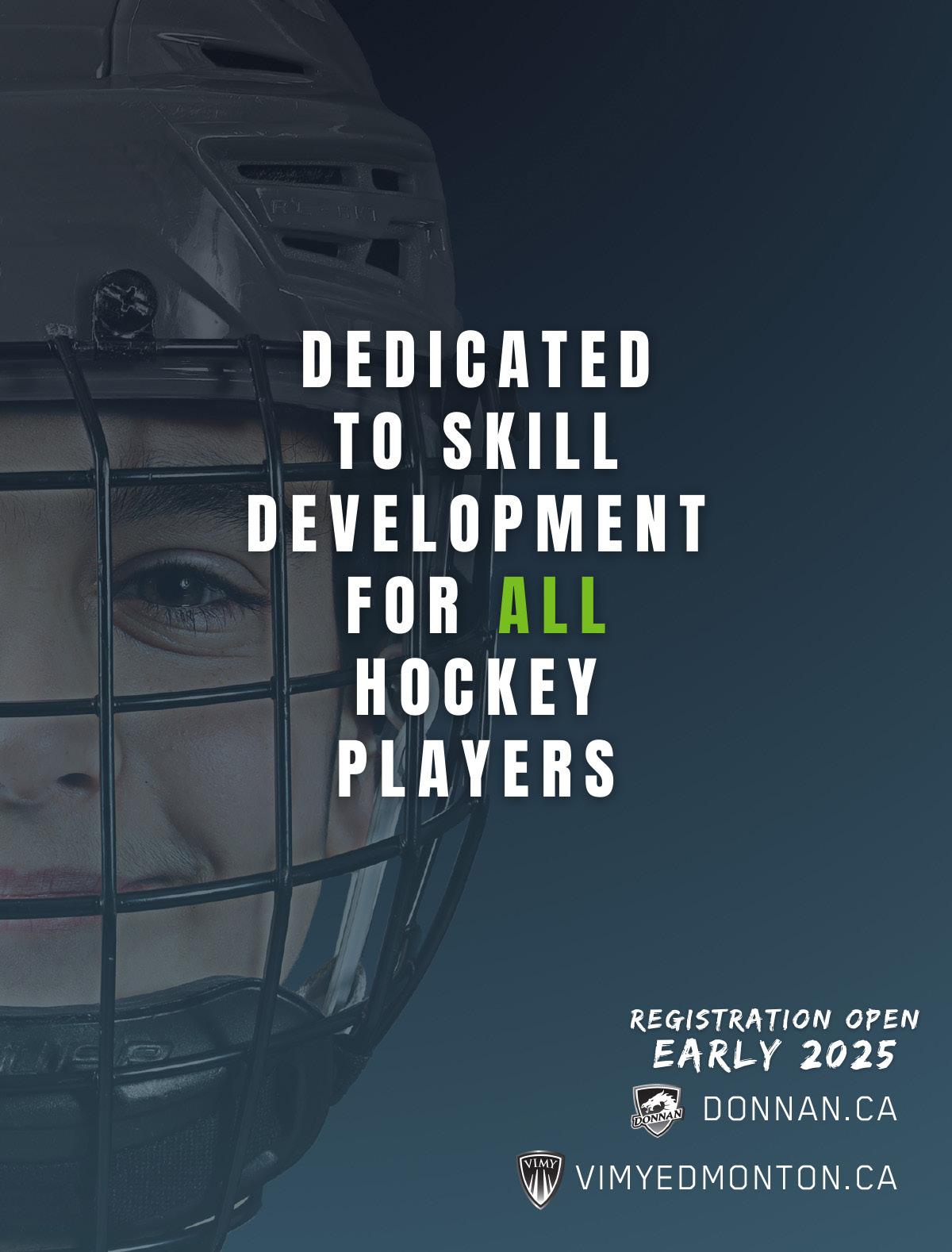


688 TEAMS participate
914 Games to be played
63
5,000
The number of goals scored in the 2024 Minor Hockey Week 1,200 GOLD
4,512
39 5 PROGRAMS PRINTED been the Minor Hockey in the 2024 tournament 10,000+ PLAYERS
Groups who Participate in QEMHW
24 Arenas will be used for games
164 SHUTOUTS that occured
61 YEARS the Minor Hockey Week tournament has been played (since 1964) Sheets of ice being used
MEDALS AWARDED [U9, U11, U13, U15, U18]
25 Years Quikcard has COACHES REFEREES
$5 Week title sponsor Championship games to be played PRICE OF TOURNAMENT PASS (Admission to ALL games)
3,600 7,000 2,000 20,000 FANS IN THE STANDS PUCKS USED
108 Overtime games played in the 2024 tournament




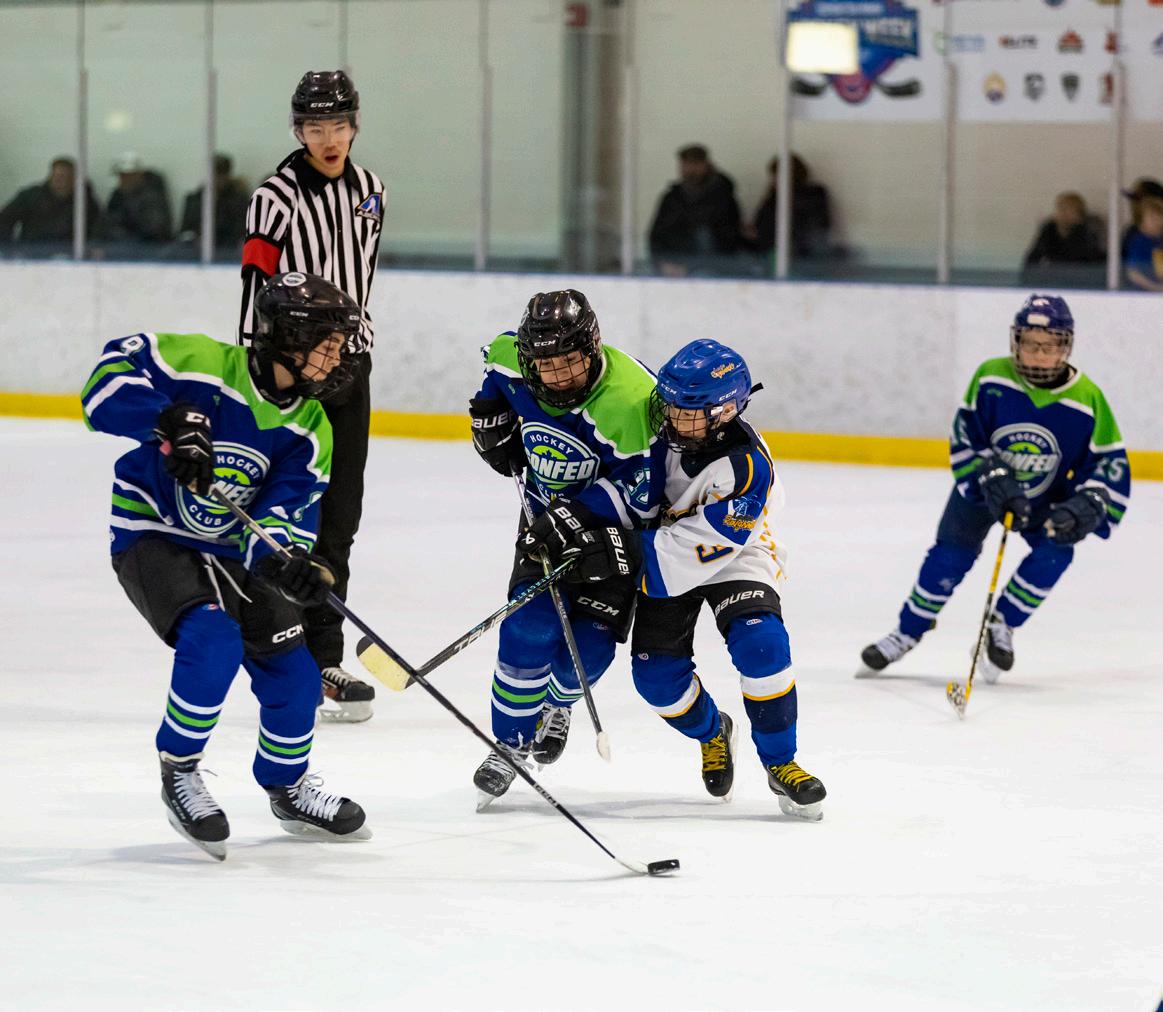


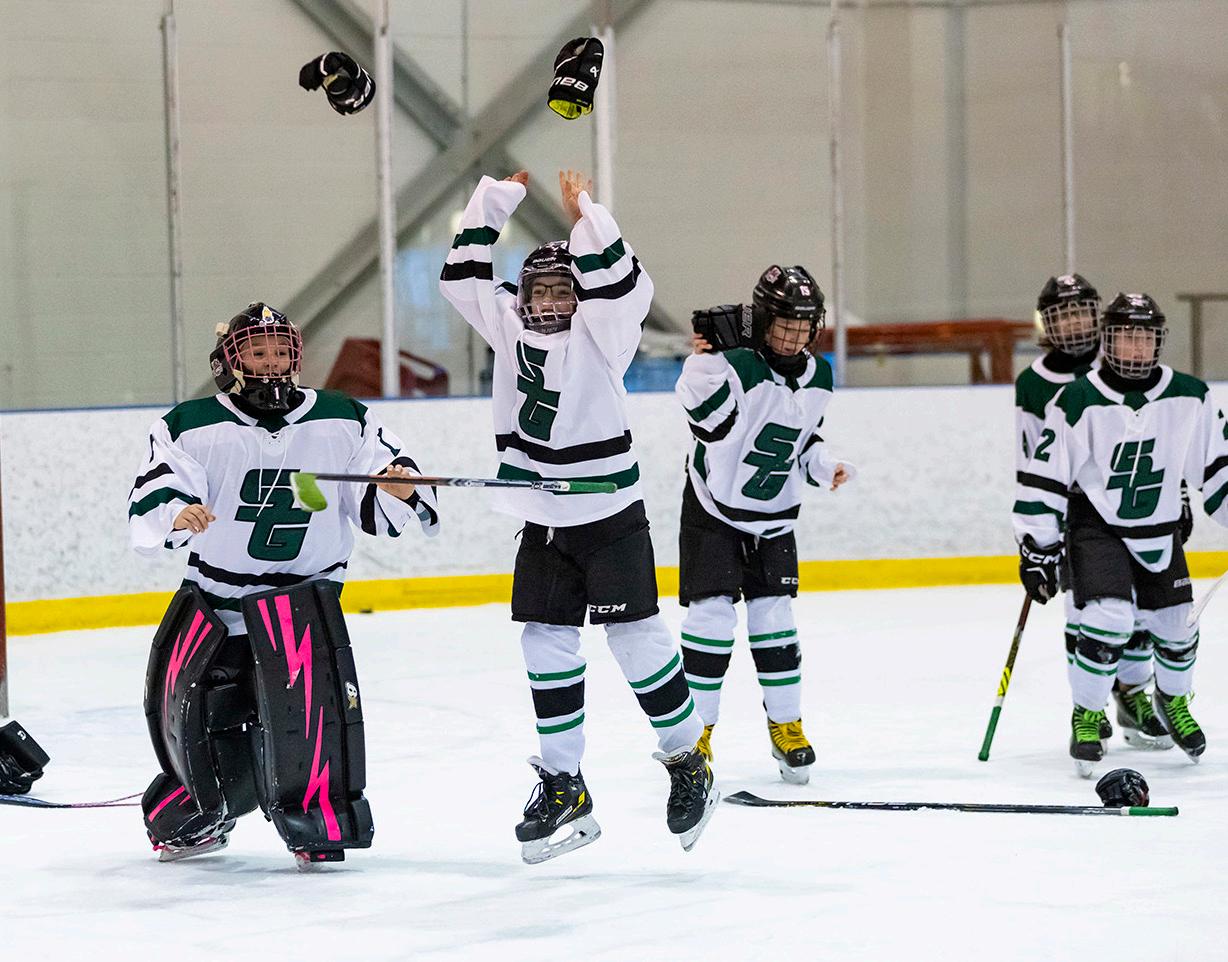



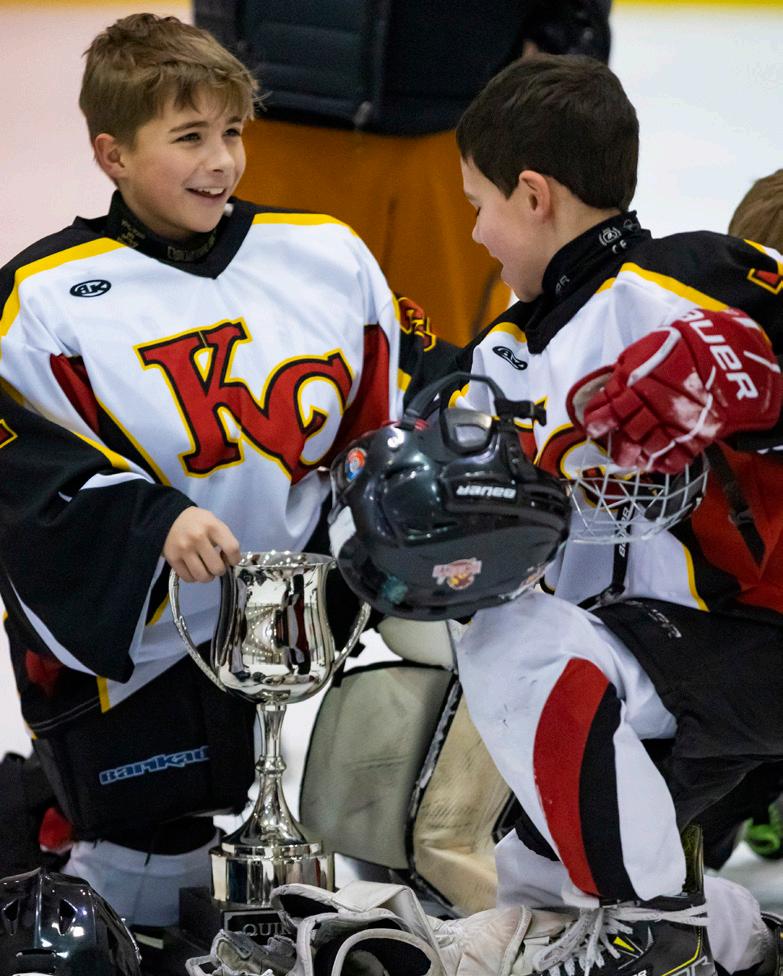



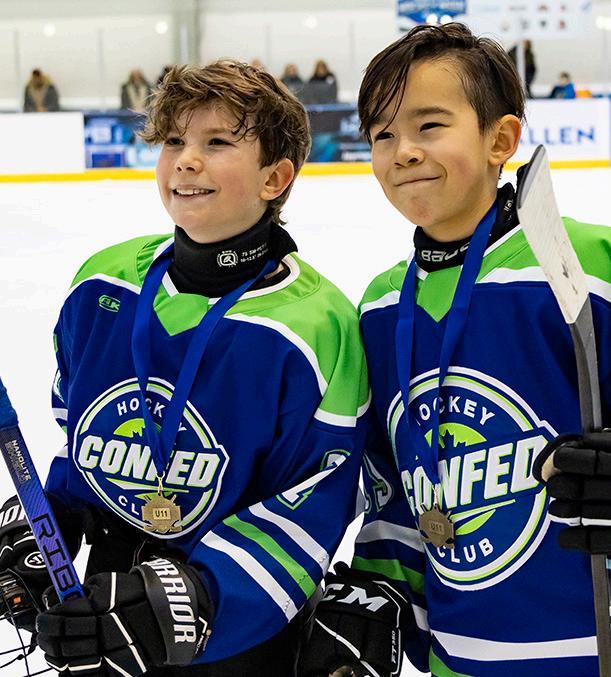






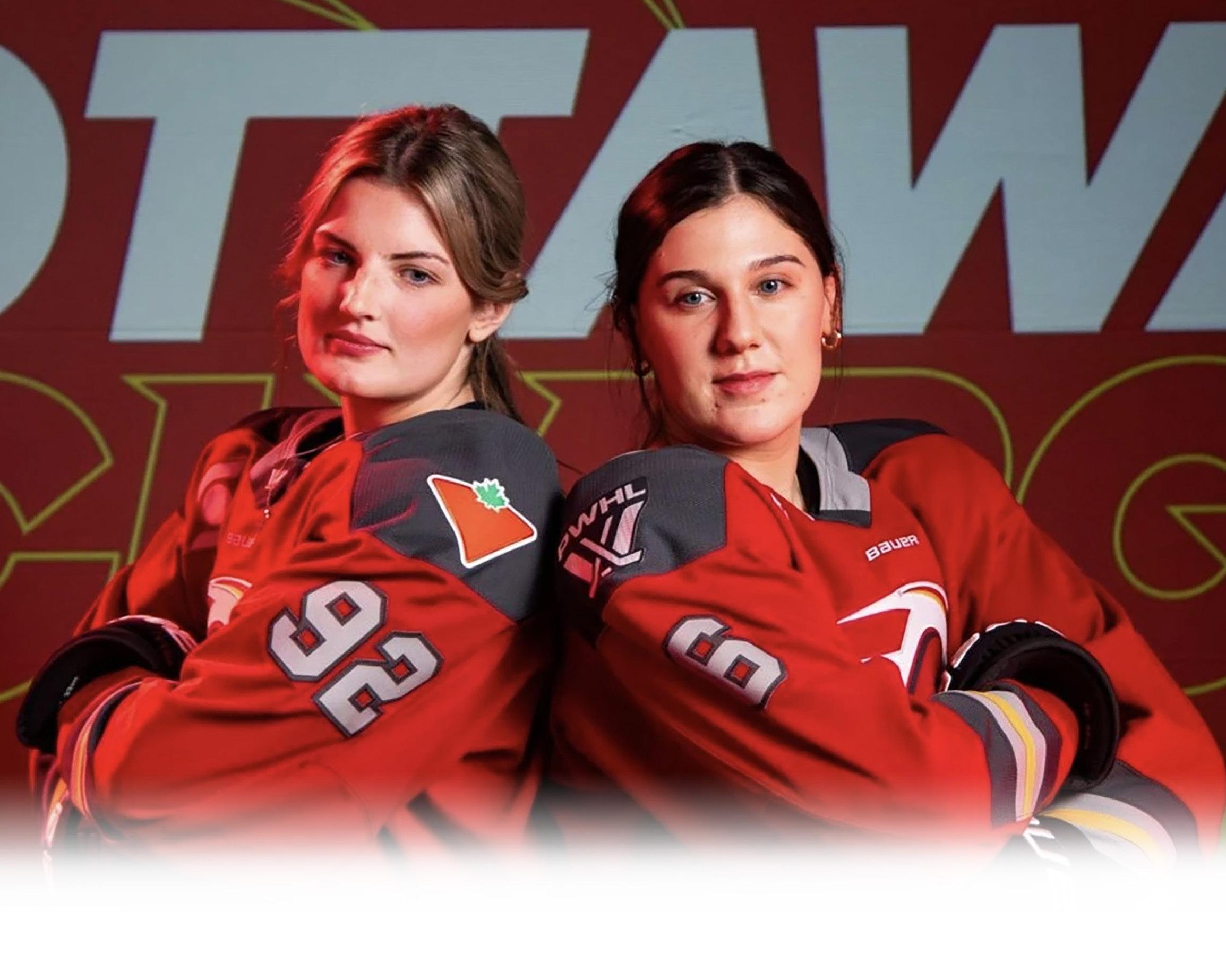
By John Sexsmith
Midweek. TD Place Arena. Our nation’s capital. The final official day of training camp for the Ottawa Charge.
It’s been a grueling two weeks of work for Danielle Serdachny and Steph Markowski. On and off the ice. The pair of Edmonton products are both on the roster and fiercely a part of the process with this second-year operation. But they’ve managed to find a little extra time for an afternoon interview with an old hockey coach and Hockey Edmonton Magazine.
“Right now, we’re super busy,” sighs Markowski, who concluded her National Collegiate Athletic Association (NCAA) career at Ohio State University in the spring of 2024. “We just finished training camp, which was really intense and kind of long days. But we also have different events we do, like going to a rink and do some autograph signing. And tonight, we’re going to an ambassador thing with the Canadian government.”
Since the middle of November, their schedules have been packed with fitness and weight training, position specific meetings, practices, skills sessions, team meals, team meetings, video instruction, plus public appearances and media commitments.
“It’s been good, but definitely a bit of an adjustment,” says Serdachny who captained Colgate University and was named Eastern College Athletic Conference (ECAC) Player of the Year as a senior. “And there’s still some unknowns.”
What *is* known, Serdachny and Markowski are two, young, outstanding, female hockey players. Serdachny is a powerful, prolific and the complete forward. She is Colgate’s all-time leading scorer with 238 career points in 180 games, including an exceptional 157 assists. She was drafted second overall by Ottawa last June. “I didn’t have a whole of expectations going in,” says a refreshingly down to earth Serdachny.

“But to see the set-up of the draft and the draft floor and all the families and friends and players gathering there I think it was a really exciting time.” It actually made the transition out of college easier I’d say, just knowing there was something in line and the draft solidified that. So obviously a lot of emotions there. But to get drafted to Ottawa was very exciting!”
Markowski is a solid, steady, shutdown defenceman with offensive flair. She recorded 92 points 173 NCAA games and was an impressive Plus-51 in her senior season. Markowski was selected in the sixth round by the Charge. She is equally unassuming when addressing the draft. “The day was special, my dad was there and a lot of my teammates from Ohio State and Clarkson – so you kind of know everyone in the draft class, so that was cool. And then after getting selected to Ottawa, just like Danielle, it was pretty cool. Canadian city. I have some family here too. So, it felt a bit more like home and I was happy to back to Canada after being in the States for five years.”
Serdachny and Markowski grew up in the same southwest Edmonton neighbourhood, just five minutes apart. They attended the same preschool. They played with and against each other at the grassroots level for the same associations and leagues. With and against boys. In Grade 7, when Serdachny and Markowski attended the same junior high, and played on the same Pee Wee AA team, the two became best friends. An unbreakable bond that continues to this day. And they still share the same favourite minor hockey memory, from that very same season.
Their Under-13 team had entered two different tournaments on the same weekend in 2012. The Stollery Family Day Classic and the West Edmonton Mall Family Day Invitational. Both were three day events and the squad managed to garner gold twice on the same Sunday. Serdachny reflected on the rare daily double, which turned out to be part of the interview process with the Charge. Serdachny and Markowski were each asked to share their most memorable minor hockey memory.
“Ironically they asked us this in an interview,” recounted Serdachny, “and we were both separate, but we both ended up saying when we played in two tournaments there on the same team and we ended up winning both.” That was one of our more memorable moments. And when you think about it, that was pretty crazy.”
The following season, Markowski began playing female hockey fulltime. Serdachny continued battling it out with the boys. But in 2017, the two made a significant change concerning their development paths. Both decided to take the academy route. Specifically, the Pursuit of Excellence (POE). It’s based in Kelowna and part of the Canadian Sports School Hockey Leage (CSSHL). “We both moved away from home. We were in Grade 11 and 12 in Kelowna, living with each other actually,” said Markowski who won two consecutive CSSHL Female U-18 Prep Division championships with POE.
Markowski reflected on how the experience of being away from home, helped them mature. “You definitely face different types of adversity. And you’re kind of on your own. There’s no one there to help you. You go through a lot of ups and downs and that definitely set me up now to be resilient.”
Academy hockey also set up Serdachny and Markowski for their fiveyear college careers. Serdachny went to Colgate University and has a Bachelor’s degree in Film and Media. Markowkski attended Clarkson University for four years and completed her senior year at Ohio State University where she won a national title with the Buckeyes. Markowski also has her Bachelors of Business Administration and her Masters in Sports Management. So, Serdachnhy and Markowski have the brains to match the brawn.
And it’s remarkable how many championship experiences they’ve enjoyed together. “We’re very lucky and we say every day how grateful we are to be here with each other”, said a thankful Serdachny. “We’ve both experienced the same things and have lived through it together.”
We’re very lucky and we say every day how grateful we are to be here with each other... We’ve both experienced the same things and have lived through it together.
“
The theme of togetherness continued when Serdachny and Markowski suited up for Team Alberta and won the 2019 Canada Winter Games. Carla MacLeod of Spruce Grove was head coach for that provincial team. Coincidentally, MacLeod is bench boss with the Charge. So there’s some history between MacLeod, Serdachny and Markowski. “I’d say it helps when the coach is familiar with who you are as a person and player,” said Serdachny who just signed a three-year contract with the Charge. “She was definitely open about questions and if I needed anything throughout the process.” Markowski added “It’s kind of nice coming into a team where you know the coach’s coaching style.”
Serdachny and Markowski also went on to capture the 2019 Under-19 World Championship together – their best shared hockey memory as young adults. And now they’re into making more marquee moments as professionals.
Serdachny’s playing style and her uncanny ability to score important goals is quite likely why she has earned star status. Last April, Serdachny became a household name in Canada, perhaps North America, when she scored a powerplay goal in overtime, as Canada defeated the United States to claim the 2024 Women’s World Hockey Championship. And of course, she modestly responded. “I think I was pretty shocked when I ended up scoring there. I felt a sense of pride and excitement with representing my country and knowing I had my family in the stands. It’s everything you dream of growing up.”
Danielle Serdachny and Steph Markowski have been on an incredible hockey journey. Together. It faced off in community league with the grassroots game. Then the ladies travelled the elite stream to academy hockey in which they earned other opportunities at the provincial, national and international levels. Eventually, college. And now here they are, almost 20-years later, best friends, teammates and roommates, playing their first professional hockey season on the same team – the Ottawa Charge. “I think hockey, for me personally, has just given me so much, so many different friendships and memories and I’ve been to so many amazing places,” said Serdachny who feels a tremendous amount of gratitude for everything the game has helped her accomplish. “To play in my in first professional game, alongside Steph, is very exciting. I think continuing to inspire those future generations and hopefully have someone they can look up to throughout it all, I think stands out to me and continuing to give back. That’s something that’s very important to me.”
And of course, Markowski similarly echoed the sentiments of her best friend. “I think that now we’re here, it’s our job to give back to the community and keep growing the game. Now it’s our turn to grow the game, do media, volunteering, stuff like that, engaging the fans, because I think this is just the start of the professional women’s hockey league and I think the sky is the limit,”
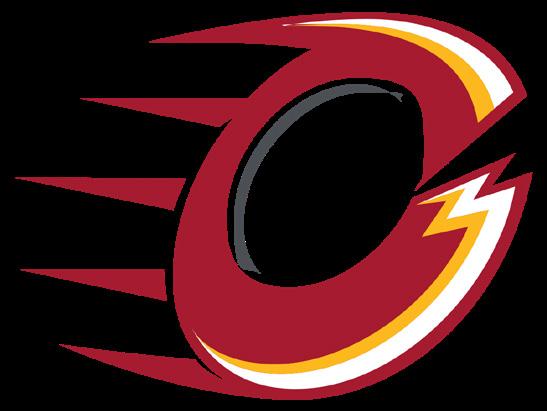
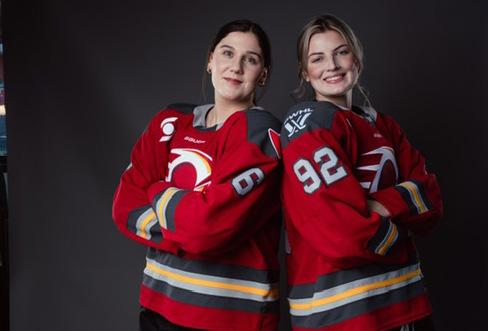

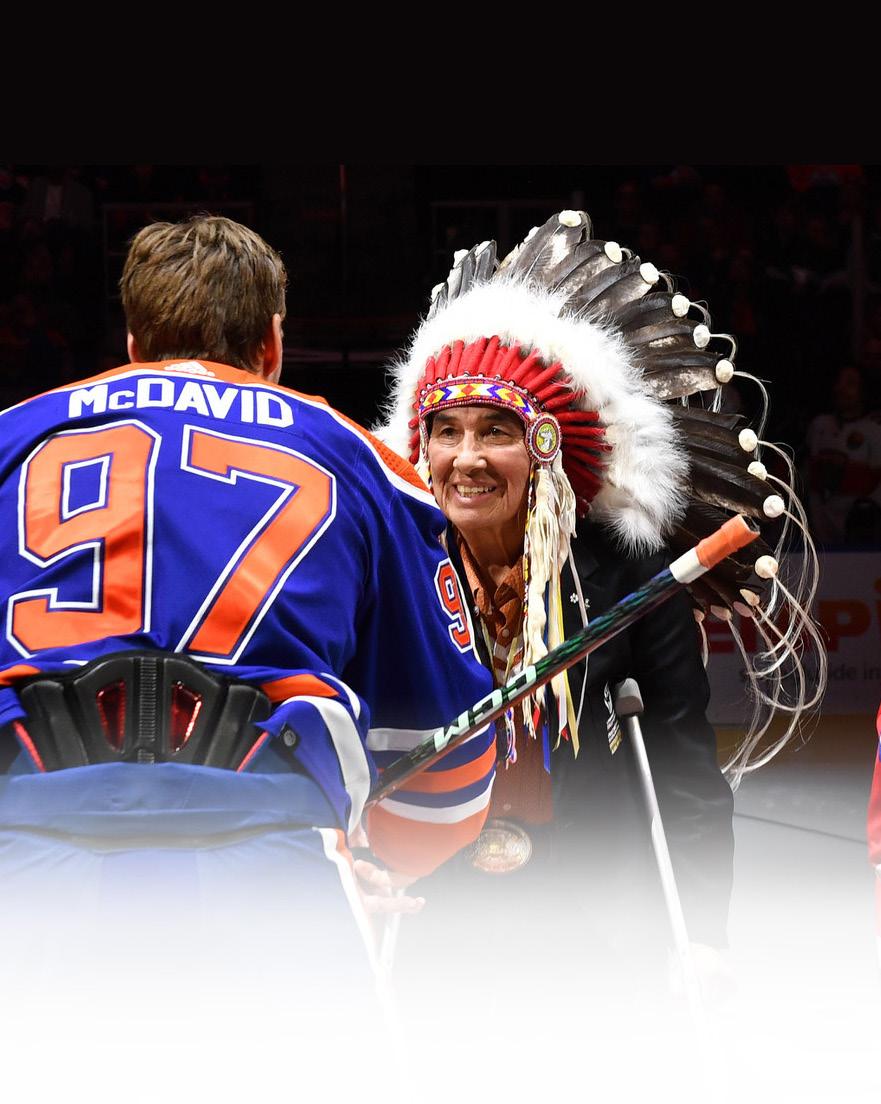
By Rob Suggitt
Inlastyear’sStanleyCupFinal, 16.3 million people watched Game 7 between the Edmonton Oilers and Florida Panthers, and this same number of people saw Chief Willie Littlechild do the Land Acknowledgement announcement before the game. This is the same announcement the Chief has provided to Oilers fans (and Oil Kings fans) since the beginning of the 2021-2022 season, a mainstay at all home games.
“Danse. Hello to all people of Turtle Island. As chief, I welcome you here to Treaty 6 territory. This land has been the traditional homeland for the Metis people of Alberta, the Inuit and ancestral territory of the Cree, Dene, Blackfoot, Saulteaux and Nakoda people since time immemorial. The recognition of our history on this land is an act of reconciliation and we honour those who walk with us. Thank you. Kinanaskomitin.”

How did this come about, and who exactly is Chief Williie Littlechild?
The Chief (who insisted I call him Willie) took the time to meet with me before Christmas to chat about his early upbringing, his time spent in Residential Schools, and his ascent to greater things. Littlechild was raised by his grandparents on the Ermineskin reserve, Maskwacis (formerly known as Hobbema), and was forced away from his home at the age of six, spending the next 14 years of his life in residential schools. Sports played a key role in Littlechild’s escape and development, as he experienced “spiritual and cultural separation,” and credits his introduction and involvement in sports as his “vehicle for survival.”
Grounded by his grandparents’ teachings, Littlechild chose to focus on positive experiences, and sports played a key role. Littlechild became a multiple sport athlete, thriving at hockey, baseball, swimming at the University level, and earned his Bachelor of Physical Education degree in 1967. Thereafter, Littlechild got his law degree, and years later, earned the distinguished Queen’s Council and Indigenous Peoples’ Counsel, the highest honours of the legal profession. Littlechild was also the first treaty Indian Member of Parliament, representing the riding of Wetaskiwin from 1998 – 2003. Littlechild is currently a commissioner for the Truth and Reconcilation Commission of Canada, and sits on numerous boards, including the Edmonton Oilers Community Foundation, where he sits as an Honourary Member.
His many awards and achievements include one of the 2000 Outstanding Intellectuals of the 21st Century (2004), the Distinguished Service Award from the Canadian Association of Former Parliamentarians (2006), an Honourary Doctor of Laws degree from the University of Alberta (2007), Lawyer of the Year (Aboriginal Law), Diamond Jubilee Medal (2012), and was inducted as a companion of the Order of Canada in 1999. (His Order of Canada pin he proudly wore on his lapel when we met for this interview.) Littlechild was also the founder of the North American and World Indigenous Nations (WIN) Games, inducted into nine sports halls of fame, awarded the Hockey Alberta Centennial Medal, the International Olympic Committee (IOC) Medal for Peace and the CSHF Order of Sport, sits on the International Olympic Committee (IOC), holds seven honorary degrees (law), and was selected as a torch bearer and ambassador for the 2010 Winter Olympics in Vancouver.
With how you grew up, where did you get your strength and inspiration?
I can only say that I was firmly grounded in Cree traditional teachings by my grandparents. My grandfather, Chief Dan Minde couldn’t read or write English, so it was totally Cree, but my grandmother had grade nine, and at that time, it was like University. She gave me the importance of education, formal education, where my grandpa was more traditional in his teachings. So formal education and traditional education together, and based on those two sets of teachings, and using a lot of prayer and exercise, that’s what helped.
When you went to school, what was your access to physical education?
There was none. There was no Phys Ed, as a class. There was recess time, but there were no facilities, so I once wrote down how many games we created as students in the school, and came up with 33 different games because of a lack of physical education, class time, and a lack of proper facilities.
When did you first start playing hockey?
I was at the midget age group, so 14 or 15 years old, and an outdoor rink of course. I remember the first time I played on an indoor rink, it was Red Deer for the provincials.
What position did you play?
When I started, I played defense, but when I went to University, Coach Clare Drake said ‘how much do you weigh?’ I said 159 pounds, so it was

tough to move the big guys in front of the net. He said ‘Willie – you better try forward.’ And after my first year, he said you better come back at least 164 or 165 (laughs), so he gave me a weight program to do over the summer, which I followed.
You also played a high level of baseball growing up. What position did you play?
I pitched, and I did a silly thing in one game, which cut my baseball career short. The coach asked me if I was willing to go into the second game of a double-header, and pitch again. I said sure, and threw my arm right out, and it was never the same.
Noticing that Littlechild was motioning with his left hand when showing a throwing motion, I asked him “what was it like to be left-handed growing up?”
Going back to my residential school days, because I was left-handed, I was considered to be possessed by the devil. I had to stay at recess time, to learn how to write righthanded. It was a blessing, I think, because I became ambidextrous, I could play (sports) with either hand. I could only throw lefthanded, shoot lefthanded, but everything else, I could do with either hand.
I remember hearing a story during the TRC hearings, one woman said I was called the Devil’s child, because I was left-handed. I couldn’t run away from Residential Schools quick enough, and when I was 16, I tried to prove to the world I was the Devil’s Child, so I started committing crimes, and ended up in jail a couple of times.
What NHL team did you cheer for growing up?
It’s really funny you ask that, because I followed the “Big Six” as a teenager, and I heard about this George Armstrong who played for the Leafs, and they called him Chief. I remember picking up the ‘Star Weekly’, and I would clip out all the star players and make a scrapbook of all the players. And because of my Indigenous heritage, George Armstrong, Jim Nielsen, and Freddy Sasakamoose, who was the first Indigenous NHL player, who later on, after hockey, became a Chief for his own community, and did so much for young people.
Who were your role models?
I had these guys (Armstrong, Nielsen, Saskamoose) as role models, but before that, my older brother, who went to college before me. He was a really good hockey player, and a really good baseball player. He introduced me to the baseball league, and I played 3 years in the Alberta Major League. Back then, we were named after professional teams. I played for the Cardinals, and they had the Tigers, Giants and Angels at the time.

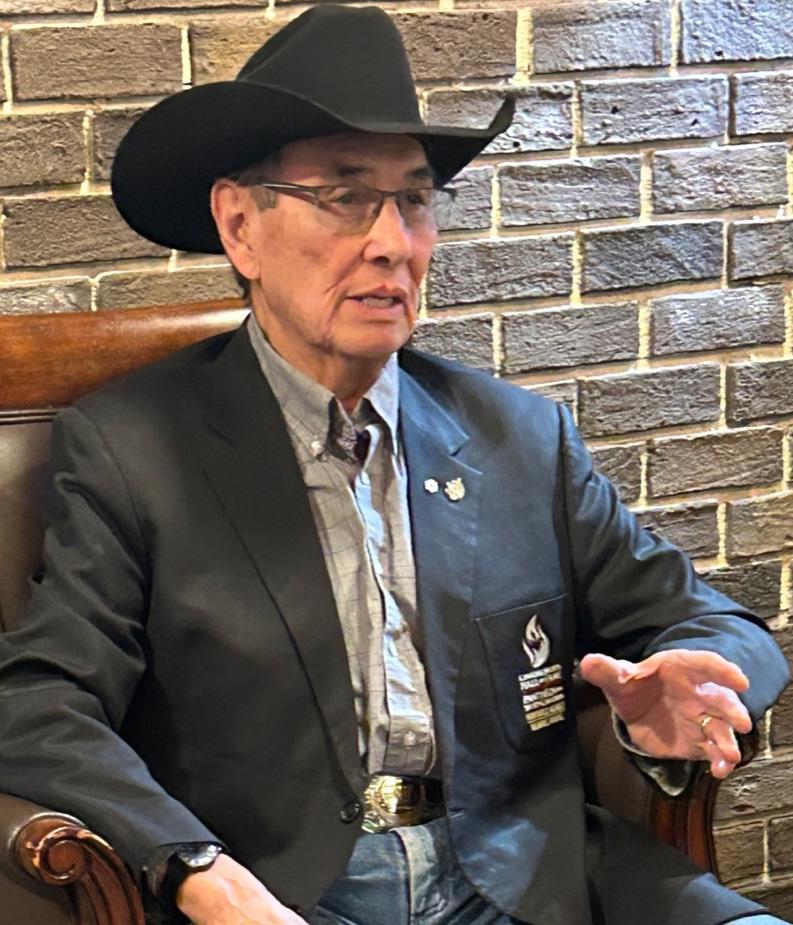

You earned a Masters Degree in Physical Education, and thereafter, you were the first Status Indian from Alberta to earn a law degree. Did you realize that you were a trailblazer at the time?
No not really – the reason I went into Phys Ed, was because I thought I was going to be a Phys Ed teacher, because I loved sports. So if I was going to teach Phys Ed, I better be able to play some of the sports. I played football, I played hockey, I was on the swim team and diving team, and after, I managed the football and basketball teams. If you’re going to preach something, you better be able to practice it, was my philosophy.
And then I went to do my Masters Degree, and I just afterwards, started coaching Junior Hockey. Three years later, the NHL phoned, looking to recruit candidates for their management school. They said, ‘we’ve been experiencing when we hire good former players, they’re not necessarily good managers, so we’re going to put a management school on, and we wouldlike you to attend,’ and I said sure. So twenty of us were selected across North America, and only two of us were non lawyers. So I thought if I wanted to stay in hockey, I guess I have to go to law school (laughs), and not knowing the challenge of getting accepted, I applied to three different law schools, and I got accepted in all three, which was unknown.
Where did you study law?
I went to Albuquerque University in New Mexico, but with my scholarship, I would have to study an extra year of law, and I didn’t want to do that, because it would have been American law, not Canadian law. So I phoned the U of A, and asked if I could transfer here. I was interviewed by the Dean, and he said, ‘Littlechild, you’re Indian eh.’ and I said ‘yes, I’m Cree,’ and he said ‘your degree is Phys Ed, so you’re a jock also eh,’ and I answered, ‘yes (pause) sir.’ And he said ‘you better be damn good, because you have two strikes against you – we’ve never had an Indian, and we’ve never had an athlete in law school.’ So the challenge was on.
Being accepted at the University of Alberta. What was that like?
When I got there, there were only three Indian lawyers in Canada. Three. And I didn’t realize that. I also found out there was no such thing as Native Studies in law – now there is – so for an option, I did a paper on violence in hockey, and then, I looked at all the cases in court that were indigenous cases. There were 53 important cases at the time, so slowly my sports and hockey went sideways and law took over. I did not want to study international law, because I had no reason for it. At the time, whenever I tried to do my schedule of courses, I couldn’t fit it in, or get rid of anything. Finally out of frustration, I said I will take it.

Isn’t it great that you did that, recognizing what you’re doing now?
(Nodding) Two weeks after I graduated, I got a phone call, asking me if I would like to go to Sweden to chair a meeting on International Law. It was a labour law convention, it was the only international law for Indigenous peoples, and it was adopted in 1956, totally outdated by then, so I said I’d love to go to Sweden. I’d never been there, and I wasn’t sure about chairing the meeting, and they said they would fax me the details. So I studied, went to Sweden, and after I chaired the meeting, they said ‘since you did a great job chairing the meeting, you prepare the report.’ So I did the report, took it to Geneva and presented it to the International Labours Association (ILO). One thing led to another, and that was it, International Law ever since. 47 countries now, and 46 years, amazing.
How has sport played a role in your work with the Truth & Reconciliation Commission, and the impact sport makes?
When I finished the journey with the Truth & Reconciliation Commission, after listening to so many, thousands of stories, I tried to track what were the positive threads in this whole negative experience for most of us. Maybe it was bias, but sports saved my life, having gone through all of the abuse. I was a member of Parliament when Nelson Mandela came for a visit, just after he got out of prison. He used rugby to promote reconciliation in Africa, and I kinda followed him in terms of his career, what he did after, to rebuild his country. To listen to him speak in the House of Commons, it impacted me to look at the role of sport in boarding schools, in residential schools, and the role of sport to promote or advance reconciliation. In making public statements, I would state, first of all, that sports saved my life, and secondly, I was encouraged to use sport, the power of sport, in particular hockey, to advance reconciliation.
How did the Land acknowledgement announcement come about with the Edmonton Oilers?
Years ago, I was asked to sit on the board for the Oilers Community Foundation.
One day Tim Shipton from the Oilers phoned me, and said, ‘we would like you to do the land acknowledgement at Oilers games,’ and I said ‘sure, I would be happy to,’ and here it was for the Oilers.
Shipton, who is Executive Vice President with OEG Sports & Entertainment (OEGSE) was effusive in his praise of Littlechild, and why he was chosen to do the Land Acknowledgement. “Chief Wilton Littlechild is not only a longstanding partner, friend and fan—and honourary member of the Edmonton Oilers Community Foundation Board of Directors - he is one of the great human rights leaders of our time, an accomplished lawyer, respected politician and exceptional athlete. Chief has worked tirelessly to promote human rights in Canada and internationally with the United Nations, and we are honoured and fortunate to call him a friend and colleague.”
I wanted to put a little more Cree into it, but decided just the front end and back end would be good. We are in Treaty Six territory, and really to me, the hockey capital is Edmonton, what I’ve experienced here, and at the Board with the Oilers. So it was a bit of both, the opportunity to present it came from the Oilers, and I wanted to do it, to acknowledge our territory, mainly to advance reconciliation, again through the power of hockey.
So It was a great blessing to get called up. I was told last year, that 8 1/2 million people were watching the Stanley Cup Finals in Canada. I got texts from Scandinavia, and other parts of the world, people telling me they saw the Land Acknowledgement before the games.
What does it mean to the Indigenous community when the Oilers have their Indigenous Celebrations game/night?
Oh (enthusiastically), it’s an amazing feeling. The Oilers have really been pioneers in the country, and I would say in the whole National Hockey League, in terms of inclusion and access for Indigenous peoples. I am grateful for the Oilers continued partnership and dedication to making the game of hockey more inclusive and welcoming for Indigenous Peoples. Their efforts to highlight our culture through this annual celebration game is not only good for hockey, it helps foster greater understanding of Indigenous Peoples in Canada and makes our community more inclusive and welcoming for all. Tim Shipton from the Oilers had this to say: “We don’t do this just to check a box of inclusion on the calendar. The Indigenous community in northern Alberta is significant. There are nations right across Oil Country, and members of the community are such passionate members of our fan base.”
Describe what hockey means to the Indigenous community, at the minor hockey level, and the pro level?
How many indigenous (pro) hockey players have there ever been, and by last count, it was 84, but we don’t know for sure. So I notice that young children, especially at playoff time, they look for those players, like Whitecloud, Montour, Bear, and so on, because it’s motivation for them, that dream of one day playing professional hockey.
And when I flip that coin, to my experience, you have an option, you either choose to live, or death by suicide, or alcoholism, or drug addiction, or whatever. And now, I think more and more children look to choose life, through sport. And when they can associate their own life with someone like themselves, an Indigenous hockey player, I think it motivates them even more.
Wrapping up, what advice would you like to offer?
“Stay positive and never be afraid to challenge yourself.
Remember that winners don’t quit and quitters don’t win. Having a spiritual base along with the cultural, physical, and mental elements are very important to us all; stay focused and realize your goals.”

Earlier this season, on November 6th, the Edmonton Oilers had their Indigenous Celebration Game at Rogers Place, recognizing and celebrating the culture, history, leadership, and talent of Indigenous Peoples and communities in Treaty Six territory.
Tim Shipton, Executive Vice President, OEG Sports & Entertainment (OEGSE) commented, “OEG Sports & Entertainment and the Oilers are honoured to once again host our Indigenous Celebration game. This game provides our fans with the opportunity to learn about the history, culture and traditions of Indigenous Peoples, while honouring the important Indigenous community and fan base right here in Oil Country. We value our longstanding relationship with the Indigenous community and are committed to deepening our understanding so we can continue to honour and set an example for inclusivity in the National Hockey League and our community."
OEGSE and the Edmonton Oilers have longstanding and very positive relationships, partnerships and friendships with the proud Indigenous Peoples in Oil Country. Our organization is committed not only to further advancing our relationships with Indigenous communities across all of our brands, but also to show the rest of the country and world the rich culture, history, leadership, talent and contributions of our Indigenous friends and partners in across Oil Country.
The Edmonton Oilers have been leaders in the NHL when it comes to Indigenous support, relationships, partnerships and community investment. Our organization was first to host our annual Indigenous Celebration Game, where we celebrate Indigenous Peoples and communities at Rogers Place. The Oilers were also the first to include a Land Acknowledgement before every home game. We have also invested hundreds of thousands of dollars and worked alongside community partners to improve access and participation in sport for underrepresented indigenous groups and have built a collaborative and inclusive relationship with local Indigenous communities including Treaty 6, Treaty 8, and the Metis and Inuit People of Alberta.
Through the work of the Oilers and its community foundation, thousands of Indigenous youths have participated in on and off ice programs, accessed new equipment and watched the Oilers formally celebrate the special ties between the organization and community.
If your child won a gold medal at Quikcard Edmonton Minor Hockey Week 2024, we want to hear from you! Please complete the following questionnaire and send it in by Thursday February 13th, 2025, and your child could be featured in the spring issue of the Official Hockey Edmonton Magazine!
Send in completed entries, along with a photo (preferably in a hockey uniform) to: publisher@hockeymagazine.net

Name: Age:
Current Team:
Number of Years Played:
Usual Position:
Favourite Hockey Team:
Favourite Hockey Player:
Who is your Role Model:
Other Hobbies / Interests:
Favourite Hockey Memory:
School Grade:


Current Team: Hawks 401
Number of Years Played: 7 (2 as goalie)
School Grade: 5
Usual Position: Goalie
Favourite Hockey Team: Edmonton Oilers
Favourite Player: Marc-Andre Fleury
Who is your Role Model: My Parents
Other Hobbies: Baseball
Favourite Hockey Memory: Together with my teammates, we won QEMHW two years in a row, with shutouts in both finals. I will cherish it forever!
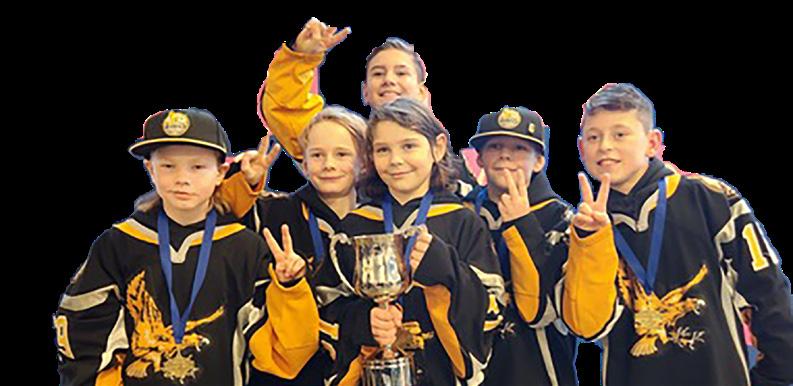

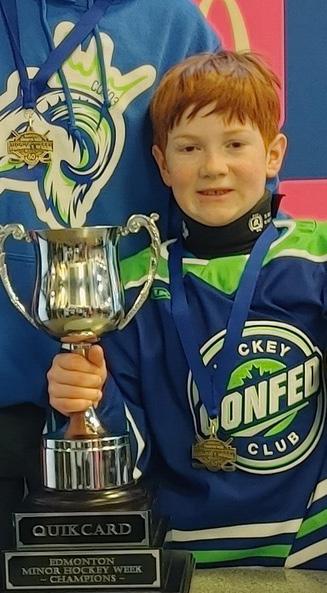
Current Team: Confed Goats 403
Number of Years Played: 5
School Grade: 5
Usual Position: Defense
Favourite Hockey Team: Edmonton Oilers
Favourite Player: Zach Hyman
Who is your Role Model: My Dad
Other Hobbies: Soccer & Drawing
Favourite Hockey Memory: Winning gold at Quikcard
Edmonton Minor Hockey Week 2024!



Current Team: SA407 Bolts
Number of Years Played: 6
School Grade: 5
Usual Position: Right Wing
Favourite Hockey Team: Edmonton Oilers
Favourite Player: Leon Draisaitl
Who is your Role Model: Parker Snell
Other Hobbies: Hockey & Video Games
Favourite Hockey Memory:
Winning gold at Quikcard
Edmonton Minor Hockey Week two years in a row!

Current Team: WM502 Knights
Number of Years Played: 6
School Grade: 6
Usual Position: Defense
Favourite Hockey Team: Edmonton Oilers
Favourite Player: Leon Draisaitl
Who is your Role Model: My Dad
Other Hobbies: Hockey
Favourite Hockey Memory: Winning gold at Quikcard
Edmonton Minor Hockey Week 2024!



By Rob Suggitt I PHOTOs BY SC PARKER PHOTOGRAPHY
In mid-December, we met up with 31-year-old Parker Nowitskey, who has been officiating minor hockey since he was 14 years old. Nowitskey is a Survey Party Chief with Pals Geomatics, but still finds time to officiate hockey games for Hockey Edmonton. He took the time to meet up with us before a game at Glengarry Arena in Northeast Edmonton to chat about being a minor hockey official.
HOCKEY EDMONTON MAGAZINE: Did you play hockey growing up, and if so, what teams, level, did you play. And what year did you stop playing?
PARKER NOWITSKEY: I played for St. Matthews from Initiation to Peewee, and then played KC for two years at Bantam. My last year playing was 2007/2008.
HEM: When did you start officiating?
PN: I started officiating in 2007 when I was 14 years old. I started in the 2007/2008 season and went until 2019/2020. Took the 2020/2021 season off because of covid, and returned for the 2021/2022 season. So this is my 17th year as an official.
HEM: What made you want to become a hockey official?
PN: My Dad (Dave Nowitskey), was an official in the mid-late 80’s and early 90’s. He did AA/AAA hockey, and up to Junior B as a linesman. He stopped after I was born. I grew up hearing all the stories about the games he used to work so it was always something I was interested in. He returned to reffing in the 2006/2007 season, and I started the year after.
HEM: What level of hockey are you currently officiating?
I work up everything from U13AA to U18-1C as a referee and linesperson. I do pretty much whatever hockey I’m offered.

HEM: Do you usually do lines, or mostly refereeing? (And what do you prefer?)
PN: It is about 50/50. Depends on the day, and where I am needed. I prefer doing lines, but I don’t mind being the referee when asked.
HEM: Have you been officiating games for Edmonton Minor Hockey Week, and if so, how many years have you done so?
PN: I have been officiating games in Minor Hockey Week since I first started. My first year as an official was my last year playing. I officiated a final that year on the Saturday morning, then played in a final on the Sunday night and won.
If I had to guess, I’d say I have done between 100-150 Minor Hockey Week games in my career. The most I have done in a year is around 1517 games which from what I have been told may be a record. The most games I did in one day was 8. I had 2 at Russ Barnes, 2 at Clareview, 2 at Londonderry, and then finished the day with 2 at Castledowns.
HEM: How did it feel officiating 8 games in one day?

PN: I was dead tired at the end of the day, but I love officiating those games. I played in Minor Hockey Week – the games are always more fun, especially the Saturday and Sunday games (finals), because you get great crowds cheering on their team.
HEM: Recognizing that officials donated their time for Minor Hockey Week (it’s changing this year), what made you volunteer your time as an official for Edmonton Minor Hockey Week?
PN: Minor Hockey Week has always been the biggest tournament of the year. I was fortunate enough to play in the tournament and win in my last year. Lots of officials gave their time so that I could have that experience as a kid. I think it was important to do the same for the next generation of players.
HEM: Do you have any special memories from being an official during Edmonton Minor Hockey Week?
PN: One year my Dad and I were doing a U13 game at Westwood. The arena was at full capacity. The game went to 1 on 1 overtime, and when the team scored to win the game it was so loud in the arena that my ears were ringing during the car ride home. That was a pretty cool experience.
HEM: Do you have any highlights related to any other big games or tournaments you wish to pass along?
PN: I have been lucky enough to participate in lots of games, whether regular season, playoffs, or tournaments such as Minor Hockey Week. The most intense games are definitely Minor Hockey Week when the game goes to overtime.
HEM: What do you enjoy most about officiating hockey games?
PN: The thing I enjoy most is just getting to be a part of the game. Hockey has always been my favourite sport. Being able to skate and see the game from a different point of view is cool. I also enjoy getting to spend time working games with my friends.
HEM: How would you compare the training you were provided, and how young officials are trained/prepared today?
PN: I think it is similar. All officials are still required to participate in a clinic, and take the officiating exam each year. The biggest difference is U9 being half ice. There is a bit of an adjustment for kids moving from officiating U9 to U11, so it is important to watch those officials as they start to move up the ranks. I think that currently there are also more opportunities for officials to move into the AA/AAA level, and the coaching once they get there has gotten better. Also, compared to when I first started, the opportunities that exist for female officials is much greater than ever before.
HEM: Who do you credit the most for your development as a minor hockey official?
PN: I think having my Dad as an official helped a lot. He would pick me up from most of my games, and I could describe something that happened on the ice, and how I handled it, and ask how he would handle it, and he always had great advice. I had other good mentors too, like Darryl Desjarlais (KC RIC), who was really good when I was younger. Peter Irwin was another one from the Northeast Zone. Both were great, and Duncan MacDougall of course.
HEM: How has officiating minor hockey changed over the years?
PN: When I first started, every tier of hockey between U13 & U18 was full contact, so that is probably the biggest change that has been made. I think there is a bigger emphasis on player safety than when I first started. There have been rule changes to things such as head contact, kneeing, and slew-footing amongst others that give us more options as officials when it comes to calling penalties.
HEM: Ever suffer any injuries as an official? Any close calls?
PN: I’ve gotten hit by a few sticks and pucks. Nothing serious enough to keep me out of action. Lots of bumps and bruises over 17 years.

If you’re a player, enjoy it because some of the best memories you will have as a kid are from playing sports. If you’re a parent, enjoy watching your kids because once it is over, you’ll probably miss it just as much if not more than the kids will. Hockey is a competitive sport, but at the end of the day it is just a game and it is supposed to be fun. Enjoy it while it is happening.
HEM: How do you handle criticism on the ice?
PN: As an experienced official, I try to ignore it the best I can. Noise coming from the stands doesn’t bother me much. It is a competitive game, and coaches are trying to give their team every edge they can get, and that is where a lot of the criticism comes from. Communicating with coaches is important. I think I handle it much better now than I did when I was a teenager.
HEM: As a Referee in Chief (RIC) for the NE Zone, what are your greatest challenges? And what are your greatest accomplishments?
PN: The biggest challenge for me has been learning how much work goes into being an RIC. There is a lot of meetings, and planning that goes on behind the scenes that I wasn’t aware of before. It is an important job, and something I take very seriously.
My biggest accomplishment so far has been creating more opportunities for senior officials in the North East Zone to supervise and mentor young officials. Since taking over at the beginning of the 2023/2024 season the number of supervisions in the North East Zone has gone up significantly. We have lots of good officials skating AA/ AAA hockey, and I believe that utilizing them as supervisors for our up and coming officials is extremely important.

HEM: How many more years do you plan on being a hockey official?
PN: As long as I am physically able to. I’m still pretty young, so I hope that I have a lot of years left ahead of me. My Dad is 63 years old and he still enjoys officiating, so if I can last as long as he has I would be happy.
HEM: Do you have any comments you wish to share with parents, coaches or anyone involved with minor hockey?
PN: If you’re a player, enjoy it because some of the best memories you will have as a kid are from playing sports. If you’re a parent, enjoy watching your kids because once it is over, you’ll probably miss it just as much if not more than the kids will. Hockey is a competitive sport, but at the end of the day it is just a game and it is supposed to be fun. Enjoy it while it is happening.

Whether your vehicle was used for shot practice, or somebody hit you from behind... At CSN Herbers, we’ll straighten it out!
csnherbers.com

